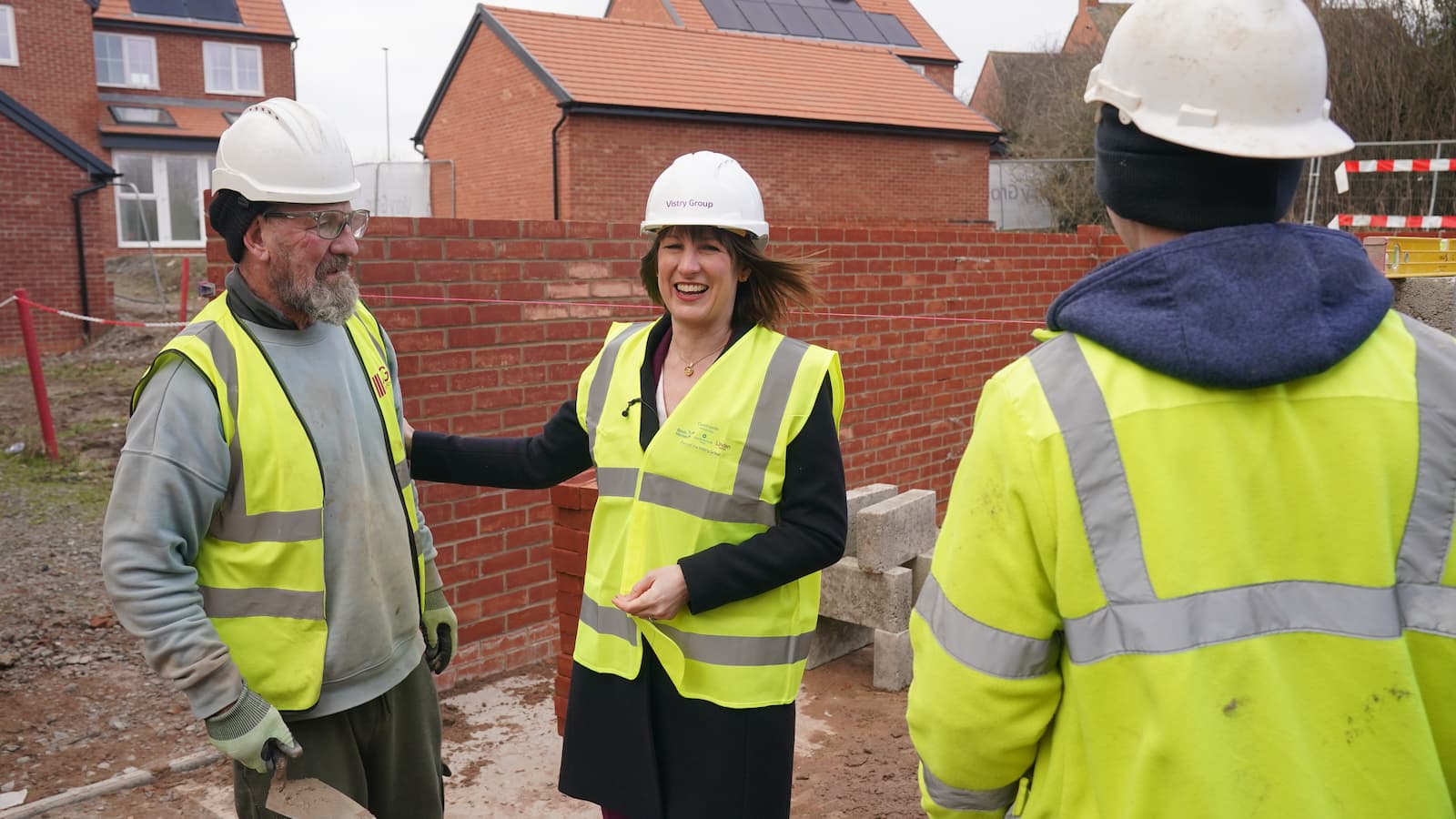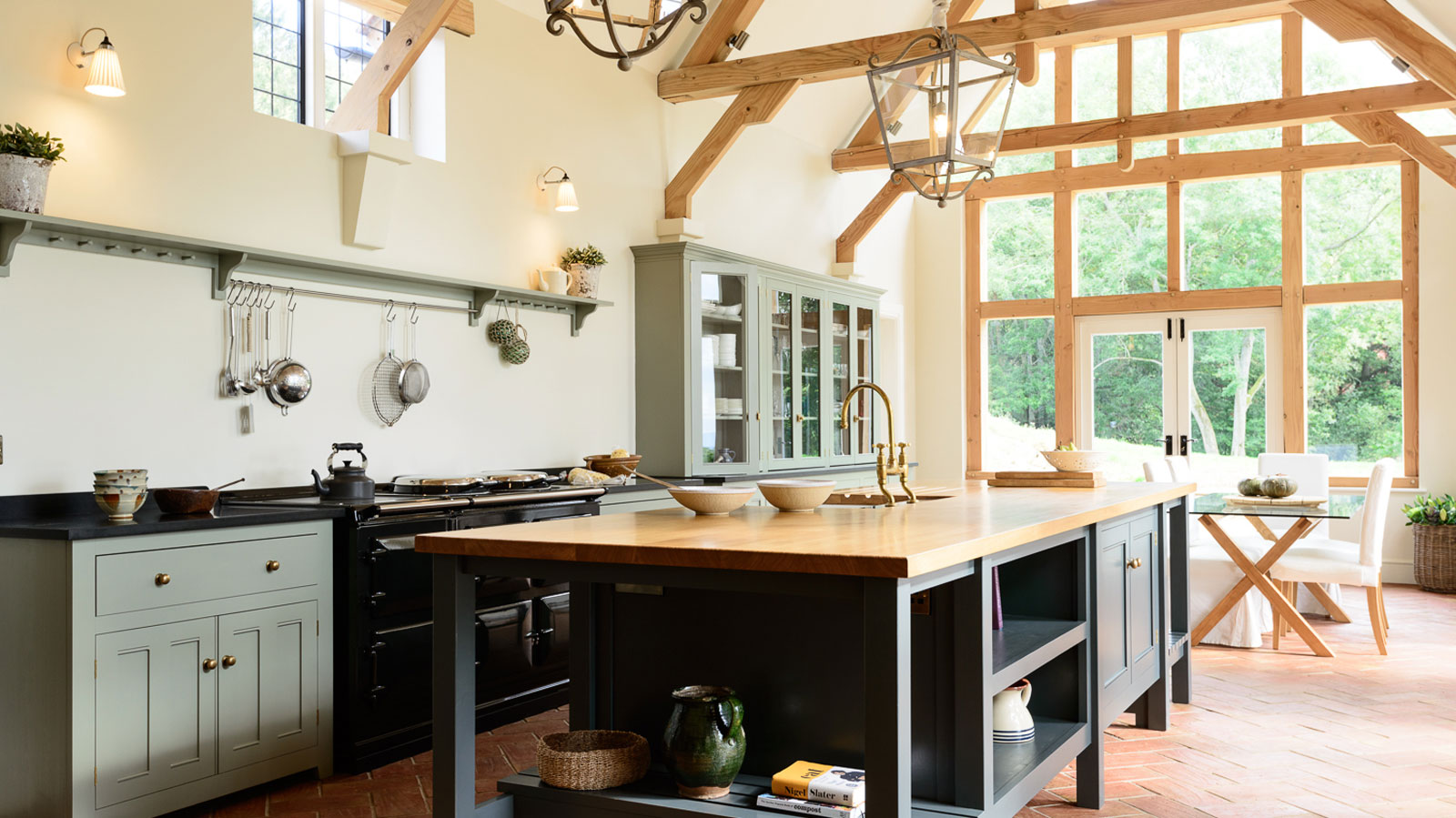Kemi Badenoch promises to scrap what she calls a 'bad tax' if Tories win next election
Kemi Badenoch’s pledge to scrap stamp duty on primary homes could shake up the housing market, but industry reactions suggest a mix of excitement and caution

Bring your dream home to life with expert advice, how to guides and design inspiration. Sign up for our newsletter and get two free tickets to a Homebuilding & Renovating Show near you.
You are now subscribed
Your newsletter sign-up was successful
At the 2025 Conservative Party Conference, Kemi Badenoch announced that the next Conservative government would abolish stamp duty on primary residences.
The tax, which currently generates around £8.6 billion a year for the Treasury, would remain for second homes, corporate buyers, and non-UK residents.
Badenoch framed the move as a way to make homeownership more accessible, particularly for first-time buyers.
Badenoch promises to remove "bad tax"
Badenoch positioned the policy as a step toward a fairer housing market, calling stamp duty a “bad tax” that impedes social mobility.
She argued that previous adjustments to thresholds had not gone far enough, and that fully removing the tax on primary residences could unlock allow more people to buy a home.
Speaking to a conference audience, she said the plan would help first-time buyers and young families, while reiterating that the revenue loss would be offset by £47 billion in planned spending cuts.
The announcement was delivered with clear political intent, intended to attract voter attention ahead of the next election.
Bring your dream home to life with expert advice, how to guides and design inspiration. Sign up for our newsletter and get two free tickets to a Homebuilding & Renovating Show near you.
How would stamp duty work if the plans were introduced?

The proposed abolition would apply only to primary residences. Second homes, company purchases, and properties bought by non-UK residents would still incur stamp duty.
Funding would come from government spending cuts in areas including welfare, foreign aid, and the civil service.
Supporters argue the change could stimulate market activity by removing one of the largest upfront costs for buyers.
However, the policy would mainly benefit buyers of mid- to higher-priced homes, as first-time buyers already benefit from existing exemptions on lower-cost properties.
Will it “drive activity at every level" or is it just "political hot air"?
Industry experts offered a mixture of cautious optimism and skepticism. Many welcomed the potential to stimulate activity and improve market mobility, particularly in high-demand areas such as London.
Damian, founder of Jefferies London, highlighted that removing stamp duty could “drive activity at every level, from first-time buyers to high-net-worth purchasers.”
Others, however, questioned the practicality of the plan. Marc von Grundherr, director of Benham and Reeves, described it as “political hot air” unlikely to be delivered given the Treasury revenue at stake.
Stuart Cheetham of MPowered Mortgages noted that while the policy could boost transactions, it might also push up prices, potentially offsetting benefits for first-time buyers.
Overall, reactions suggest that while the proposal would generate headlines, its long-term effect on the housing market remains uncertain.

News Editor Joseph has previously written for Today’s Media and Chambers & Partners, focusing on news for conveyancers and industry professionals. Joseph has just started his own self build project, building his own home on his family’s farm with planning permission for a timber frame, three-bedroom house in a one-acre field. The foundation work has already begun and he hopes to have the home built in the next year. Prior to this he renovated his family's home as well as doing several DIY projects, including installing a shower, building sheds, and livestock fences and shelters for the farm’s animals. Outside of homebuilding, Joseph loves rugby and has written for Rugby World, the world’s largest rugby magazine.
